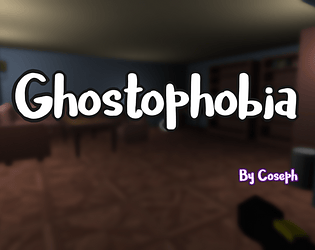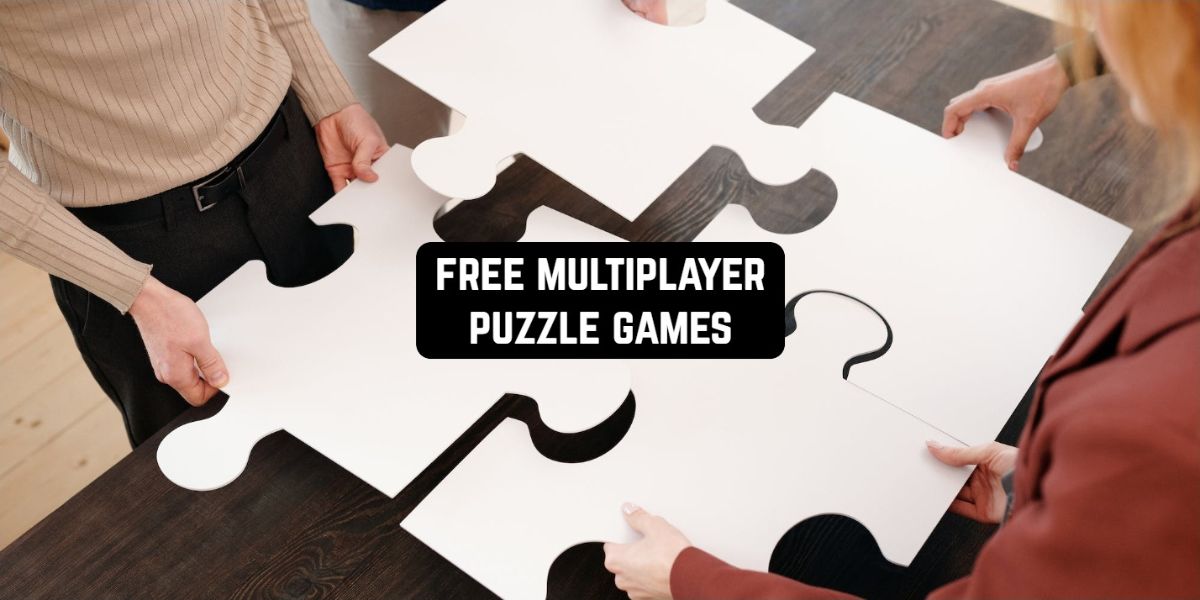Test Your Strategic Skills in the Most Involving Multiplayer Games
In the ever-evolving landscape of multiplayer video gaming, tactical abilities are the keystone of success, offering gamers a chance to display their tactical prowess throughout various categories. From the high-stakes intensity of real-time approach showdowns to the thorough planning needed in turn-based tactical battles, each game provides a distinct challenge that examines the limitations of calculated thinking. As gamers involve in team-based competitions or participating experiences, the need of fast decision-making and cooperation ends up being apparent. What really establishes these video games apart, and exactly how do they press your critical capacities beyond conventional limits? The responses await expedition.
Real-Time Approach Showdowns
Real-time strategy (RTS) showdowns have long been a cornerstone of involving multiplayer pc gaming, exciting players with their mix of tactical deepness and fast-paced decision-making. These video games call for players to take care of resources, build militaries, and develop complicated methods in real-time, often versus just as skilled opponents. The consistent pressure to adapt and defeat challengers in a vibrant environment is what sets RTS games apart, making them a favorite among affordable players.
One of the specifying features of RTS showdowns is the focus on multitasking and source monitoring. Players have to assign their focus throughout numerous tasks, such as gathering resources, constructing buildings, and releasing devices tactically throughout the combat zone. This necessitates fast reflexes and an acute capability to focus on actions, often causing extreme, adrenaline-fueled suits.
Remarkable RTS video games such as "StarCraft II," "Age of Empires," and "Command & Conquer" have left indelible marks on the style, offering varied gameplay auto mechanics and highly detailed globes. Multiplayer puzzle games for free. These titles have actually cultivated competitive scenes and specialized areas, where players sharpen their skills, study techniques, and engage in high-stakes tournaments. The attraction of RTS face-offs depends on their capability to challenge players' critical acumen and reflexive expertise in equivalent measure
Turn-Based Tactical Fights
Turn-based tactical battles astound players with their systematic method to technique, contrasting the frenetic pace of real-time interactions. These video games supply gamers the possibility to ponder over each step, fostering a chess-like environment where foresight and cautious preparation are extremely important. Gamers should anticipate their challengers' activities, adjust to advancing circumstances, and implement well-balanced approaches to secure triumph. This category stresses the value of calculated deepness, rewarding those who can believe several actions ahead.
Rivals engage in detailed mind video games, forecasting and countering each other's approaches with precision. Popular games like "XCOM 2" and "People VI" exhibit this gameplay, motivating players to think about every possible variable prior to devoting to a training course of action.
Furthermore, turn-based tactical battles frequently incorporate diverse units and abilities, including layers of intricacy to each match. Players need to stabilize offensive maneuvers with protective techniques, take care of resources carefully, and take full advantage of the potential of their forces. This category's long-lasting charm depends on its capacity to challenge gamers' tactical acumen in a regulated, purposeful setup.
Cooperative Technique Experiences
These games call for gamers to work with each other in the direction of usual objectives, leveraging each player's special skills and strengths to conquer challenges. Titles such as "Overcooked" and "Deep Rock Galactic" exhibit this style, emphasizing check this the need for gamers to synchronize their methods and actions.

The attraction of cooperative strategy experiences depends on their capacity to strengthen interpersonal skills while supplying a difficult and engaging gameplay experience. These games cultivate a sense of unity and common objective, supplying players a rewarding alternative to conventional competitive gaming landscapes.
Affordable Team-Based Obstacles
Affordable team-based challenges offer a dynamic arena where players match their skills versus opposing groups, stressing both specific ability and seamless team sychronisation. These video games need participants to stabilize personal expertise with critical cooperation, promoting a special setting where teamwork is paramount. Success in such settings commonly rests on the capability to connect effectively, execute tactical techniques, and adjust swiftly to unraveling scenarios.
The compelling nature of these obstacles is apparent in the varied variety of games that supply team-based competition. Titles like "Organization of Legends," "Overwatch," and "Counter-Strike: Global Offensive" go to the center, each providing unique gameplay technicians that demand communication and tactical acumen. In these arenas, the team's efficiency is as vital as the individual contributions of its participants, making every duty significant to the total outcome.
Additionally, competitive team-based games grow a feeling of sociability and shared success. Players must find out to trust and depend on each various other, creating bonds that boost the gaming experience. The pressure of facing powerful challengers better heightens the excitement, guaranteeing that participants are continuously challenged to boost their calculated reasoning and gameplay implementation.
copyright Puzzle Conflicts
While competitive team-based challenges emphasize collaboration and technique, copyright challenge conflicts provide a different type of intellectual interaction, focusing on individual analytic and cognitive expertise. These games evaluate the limitations of analytical reasoning and imagination, needing players to navigate complex situations and fix detailed puzzles. Unlike team-based games, the emphasis right here is on personal success and imagination, typically under the pressure of time constraints or escalating trouble degrees.
Among one of the most fascinating aspects of puzzle conflicts is their capacity to promote cognitive functions. Players must exercise spatial reasoning, sensible reduction, and pattern acknowledgment. Titles such as "The Witness" and "Portal 2" act as quintessential examples, challenging players with multidimensional challenges that require deep concentration and ingenious approaches. These games not find here just delight yet likewise improve essential believing skills and cognitive versatility.
Additionally, multiplayer puzzle video games present a competitive edge by permitting players to match their analytical skills against others. Gamings like "Maintain Chatting and No one Explodes" need players to interact effectively to fix puzzles cooperatively, mixing the adventure of competition Click Here with the satisfaction of joint success. Inevitably, these video games provide an enhancing experience, honing critical reasoning in a distinctively interesting atmosphere.
Verdict
In conclusion, the diverse range of multiplayer games uses a phenomenal platform for developing tactical abilities throughout different categories. Real-time strategy face-offs like "StarCraft II" demand quick decision-making and resource monitoring, while turn-based tactical battles highlight systematic preparation. Cooperative approach experiences such as "Deep Rock Galactic" highlight teamwork and partnership, whereas competitive team-based difficulties, consisting of "League of Legends," require sychronisation and versatility. These vibrant atmospheres collectively promote the development of calculated reasoning, improving both specific and cumulative video gaming experiences.
These video games call for players to manage sources, construct militaries, and devise intricate methods in real-time, commonly versus just as experienced challengers. These video games need players to function together towards common goals, leveraging each player's one-of-a-kind abilities and staminas to get rid of obstacles.In cooperative approach games, players typically assume functions with specific duties, necessitating a deep understanding of their own capacities as well as those of their colleagues. The dynamic nature of these video games demands flexibility, as players have to adjust their strategies in real-time to suit progressing circumstances.

Comments on “Enjoy Countless Enjoyable with the Best Multiplayer Puzzle Games for Free This Weekend”